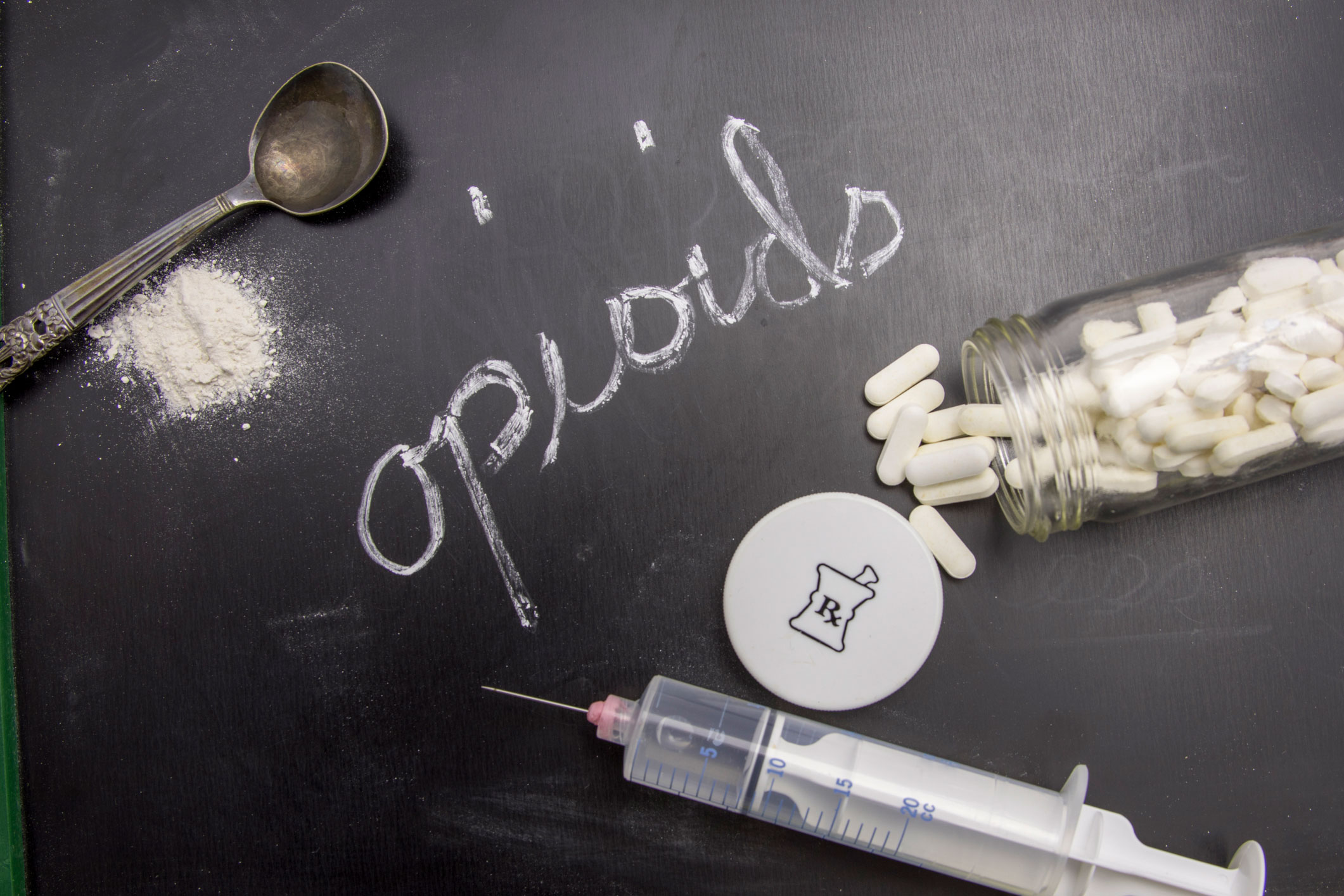<< Back
Connecticut’s drug-related deaths up 18 percent in 2019

February 19, 2020
The numbers tell a sobering story – after a dip in deaths from drug overdoses in 2018, Connecticut recorded 1,200, or 18 percent more, drug-related deaths in 2019, according to the Office of the Chief Medical Examiner.
The one stagnant piece of information in the equation, however, is the fact that opioids are the most likely cause of drug-related deaths. Deaths come from all forms of opioids – heroin, morphine and prescription drugs accounted for 94 percent of all cases – and fentanyl was often present, even in cocaine-related deaths.
The report indicated that victims of drug-related deaths ranged from age 17 to 74.
“The data is tragic but had been predicted with the omnipresence of fentanyl,” said Dr. J. Craig Allen, medical director of Rushford. “A multi-modal, all-hands-on-deck approach is what is needed to tackle an epidemic.”
HHC strategies put in place to counter the opioid crisis, he said, include:
- Tapping its electronic health record to guide decisions about prescribing opioids, including easy access to the state patient-controlled drug monitoring system and alerts to consider:
- Decreasing dose or duration
- Utilizing drug testing
- Prescribing the opioid overdose medication naloxone
- Expanding provider education with electronic learning modules, a system-sponsored opioid symposium, information on opioid tapering strategies and protocols for the use of medications to treat opioid use disorder on acute care units.
- Enhancing access to Medication Assisted Treatment Close to Home (MATCH) programs and improving MATCH treatment with recovery support specialists, telehealth support and the smartphone application TryCycle, which can identify patients at increased risk for relapse so staff can intervene quickly.
- Offering a Neonatal Abstinence Program at The Hospital of Central Connecticut (HOCC) to help infants and mothers impacted by opioid addiction.
- Deploying certified recovery coaches in all hospital-based emergency departments across the system to engage with patients suffering with substance use disorders and helping connect them to treatment.
- Partnering with communities agencies on Meriden Opioid referral for Recovery (MORR) program which connects addicts to Rushford services through first responders.
“Our focus has been on improving provider education about the prescribing of opioids and increasing access to treatment and getting people the care they need when they are ready,” he said. “At HOCC and MidState Medical Center, the emergency departments can offer to start treatment 24 hours a day, seven days a week and then those patients can transition to an outpatient program.”
Through a number of projects and grants, the system has partnered with community and municipal groups in the central region to allow first responders to refer people who have overdosed to recovery support specialists, and for police officers to diver people stopped for possession of illegal opioids to treatment programs instead of jail. Aggressive programs are also in place for vulnerable populations, such as those already incarcerated or in an emergency department after an overdose, to get them into treatment before release.
“The emergency department offers a prime opportunity to help patients who have opioid use disorder initiate treatment and transition to an outpatient program,” Dr. Allen said. “Other patients are being identified for treatment while on our psychiatric units, medical floors and obstetrics programs, which are all tremendous opportunities for treatment to begin.”
Innovative programs are popping up across the system, he continued. In a Hartford Hospital pilot, for example, cardiologists and cardiothoracic surgeons are intervening with patients with endocarditis due to intravenous opioid use to help stop the cycle of early discharge and readmission. If the withdrawal symptoms can be managed, patients are more likely to participate in treatment. If treatment is started, they are less likely to return with another infection.
“Our goal is to have a standardized approach to all substance use disorders in hospital-based settings and primary care sites across the system. It’s something we are working towards,” Dr. Allen said, adding that increased support to primary care providers is essential to help them identify and intervene with patients before opioid use disorder leads to overdose.
The opioid overdose data is a reminder, he added, that much work needs to be done to help people struggling with opioid use disorder.
“The goal is to save lives and decrease deaths an injury,” he said.
For more information on help for opioid use disorder at Rushford, click here. For information on the Hartford HealthCare Behavioral Health Network’s MATCH program, click here.